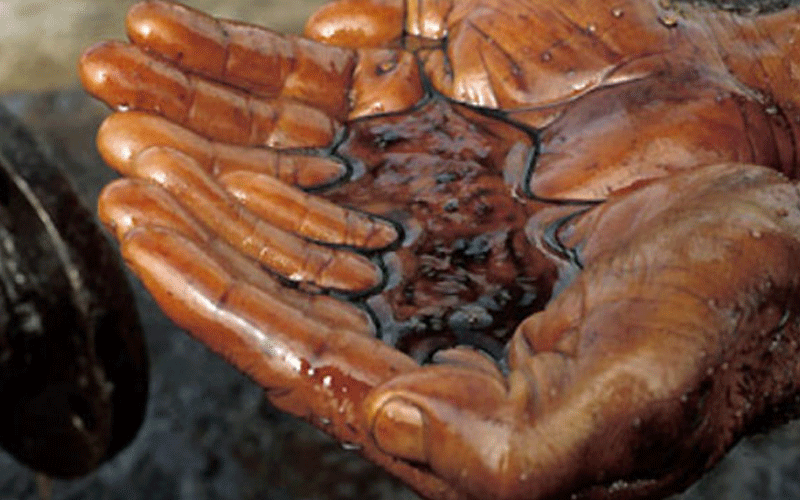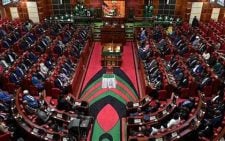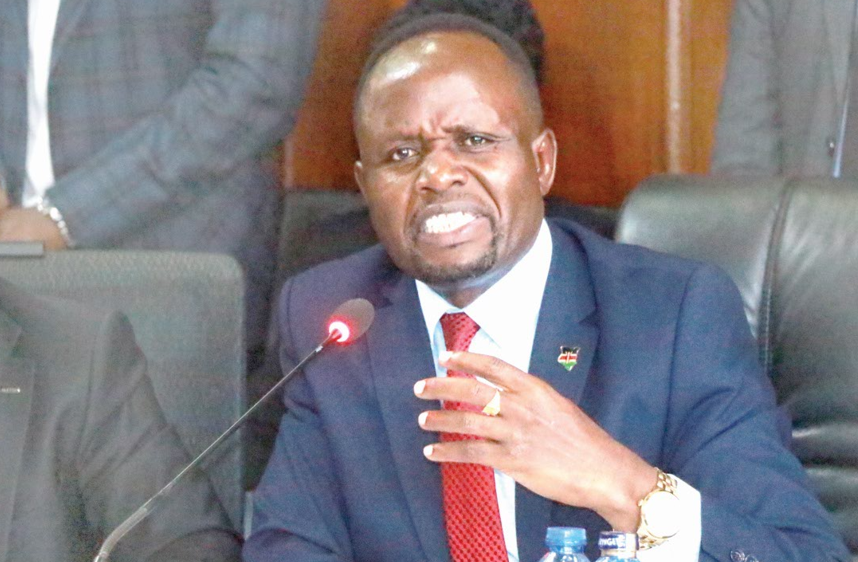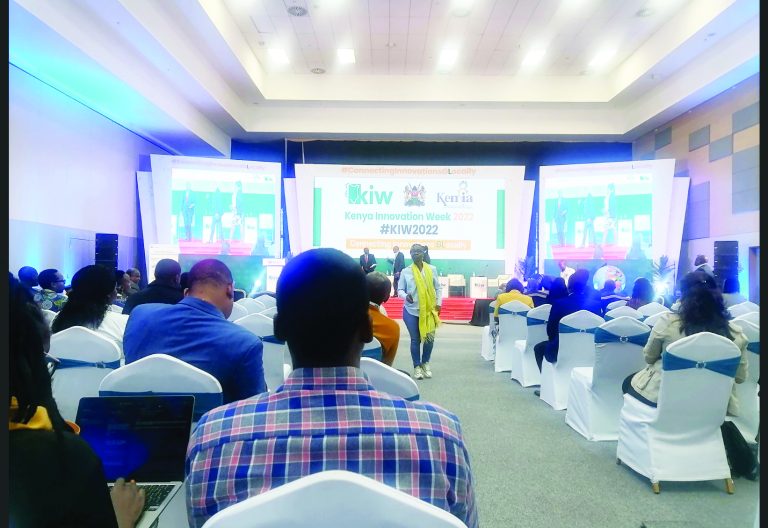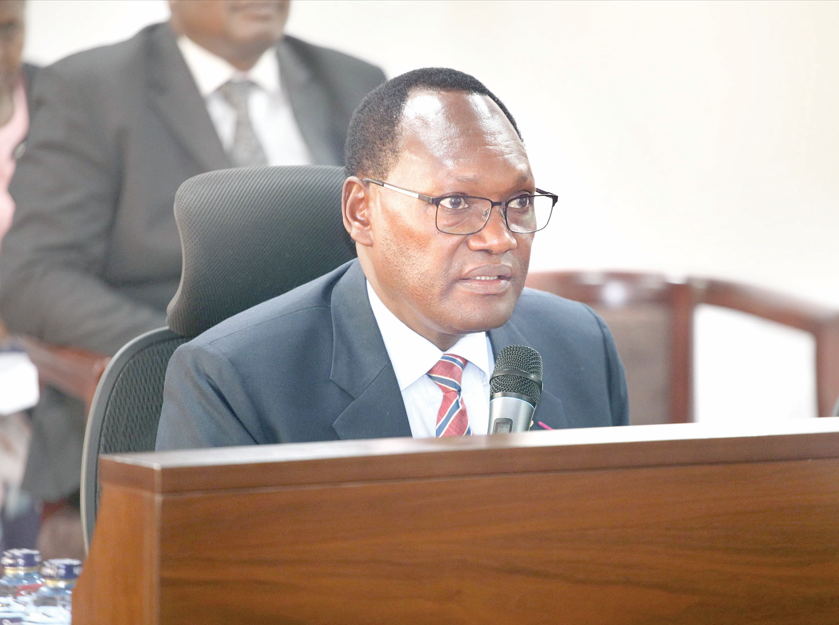Creative sector faces Sh14.3b loss on copyright law change
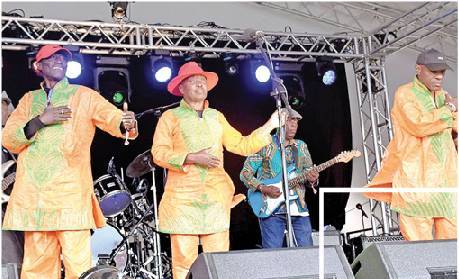
Kenya-based producers of caller ring back tunes (CRBT) will earn in excess of Sh1.2 billion annually should the Copyright (Amendment) Bill 2021 sail through the third reading at the National Assembly and given the president’s nod.
Ringing tunes are tones heard by the originator of a telephone call while the destination terminal is alerting the receiving party. The ringing tone is often also called ringback tone.
The Bill went through the second reading on February 3, 2021, increasing CRBT’s revenue share from 16 per cent to 52 per cent.
However, legislators deleted the contentious sections 35B, 35C and 35D, which protects thousands of local content creators from piracy.
The provisions are meant to ensure the swift takedown of illegal content. They will also benefit the Internet Service Providers (ISPs) who are becoming owners of content and platforms themselves.
Number one roadblock
Moriasi Omambia, an entertainment, IP and business lawyer in Nairobia, however, said while they appreciate Homa Bay Woman Rep Gladys Wanga and other MPs for legislating an increase in CRBT revenue, the repeal of the Internet Service Providers’ responsibilities to prevent piracy, would be a total disaster.
Wanga is the chair of National Assembly Finance and Planning Committee. Omambia said piracy, without a doubt, is the number one roadblock to the sector’s growth in Kenya, Africa and the World.
“MPs, if you really want to help our creative industry, please delete any reference to the repeal of sections 35B, 35C & 35D in this Copyright Amendment Bill 2021,” said Omambia who is General Counsel for Sauti Sol Entertainment and Sol Generation Records in a statement.
Martin Munyua, chair of Kenya Film and Television Professionals’ Association echoed this sentiment, saying that repealing sections 35B, 35C & 35D, will cost members and the creative industry dearly.
He said instead of removing the contentious section, the legislators need to ensure that Internet Service Providers (ISPs) comply with law assented to by President Uhuru Kenyatta in October 2019, which can unlock Sh92 billion per year for the industry.
Partners Against Piracy (PAP), a multi-sectoral coalition of stakeholders for the creative industry of Kenya, said the sector considers repealing of the sections as being counterproductive since ISPs will not be able to recoup their Investments, as online piracy steals up to 99 per cent of their potential revenue.
It further noted that if sections of the Bill are assented to in their current form, the net result would be Sh14.31 billion per year loss to Kenya’s creative industry and a Sh16.25 billion per year loss in taxes to the government – that could be used for development of the industry.
In their entertainment and media outlook for the period 2019-2023, financial experts at PwC’s have estimated that the value of CRBT in 2022 will stand at $15 million (Sh1.71 billion).
Based on local music consumption habits, Omambia said that about 56 per cent of this content may be from Kenyans, equaling Sh855 million.
“Therefore, the proposed increase in share, from 16 per cent to 52 per cent, which is another 36 per cent, adds up to Sh308 million. Intellectual Property Lawyer of MyIP studio Liz Lenjo said the Copyright (Amendment) Bill 2021 contravenes Provisions of the Constitution of Kenya which affirms that Intellectual Property Rights are akin to any other proprietary rights.
Roy Gitahi, of Art at Work said the repeal of the provisions will continue to abet the illegal operations involved in offering pirated content online, including crimes like tax evasion, identity theft, data ransom, money laundering and fraud.
“The same crime groups are also involved in Trafficking of Humans, Organs, Drugs, Weapons and more, as well as Terrorism, Contract Killing, Counterfeiting,” he said.
